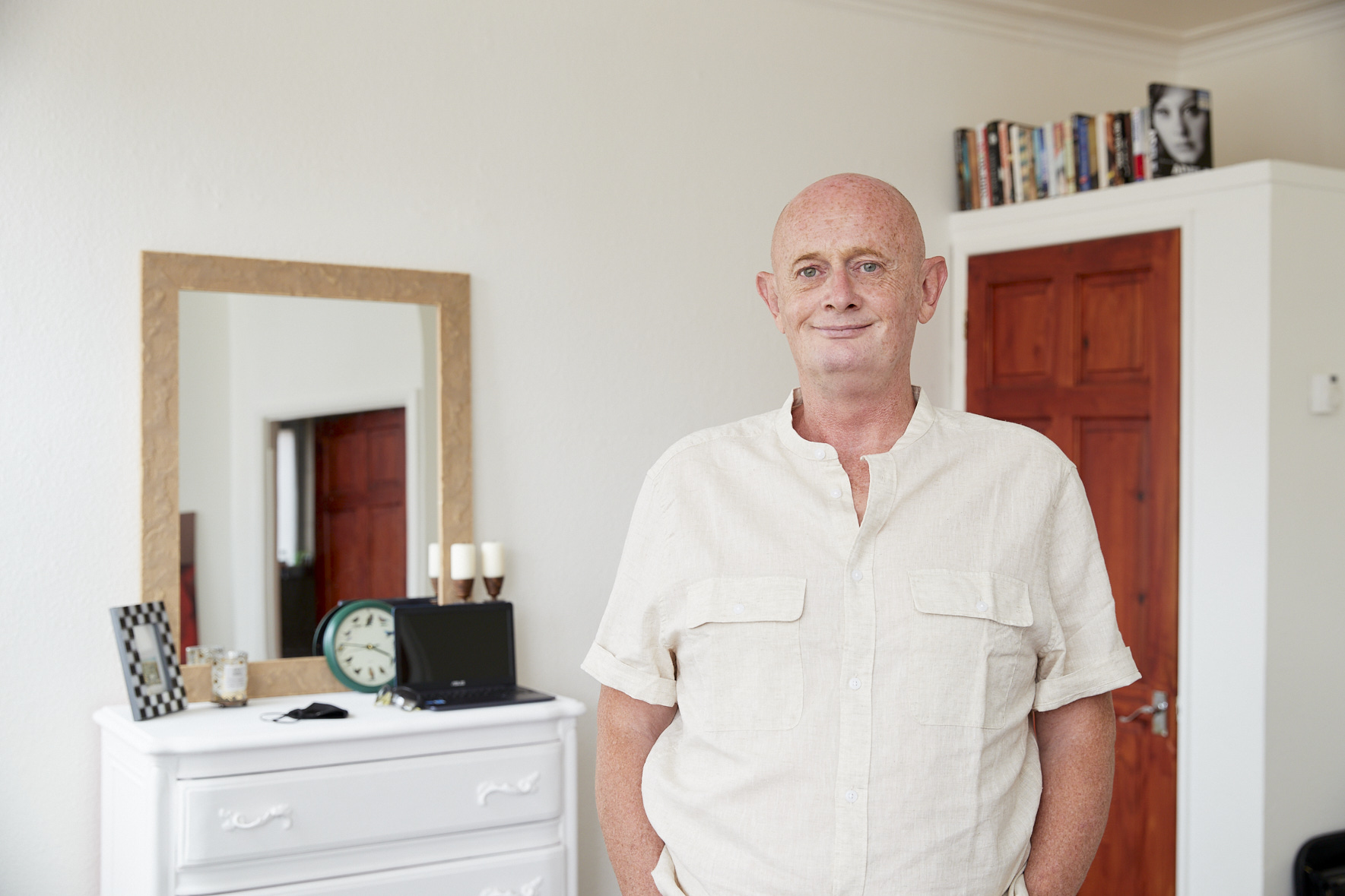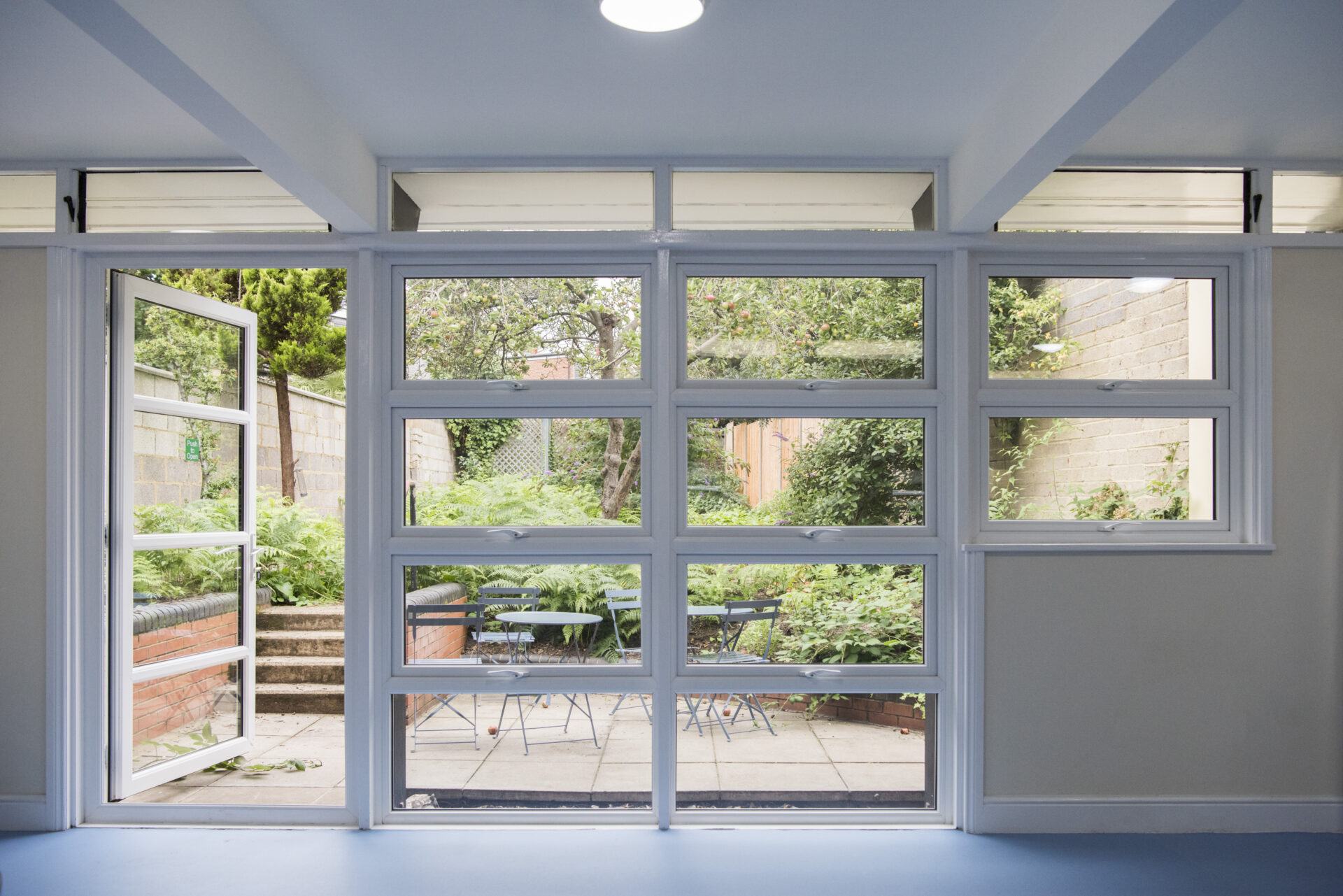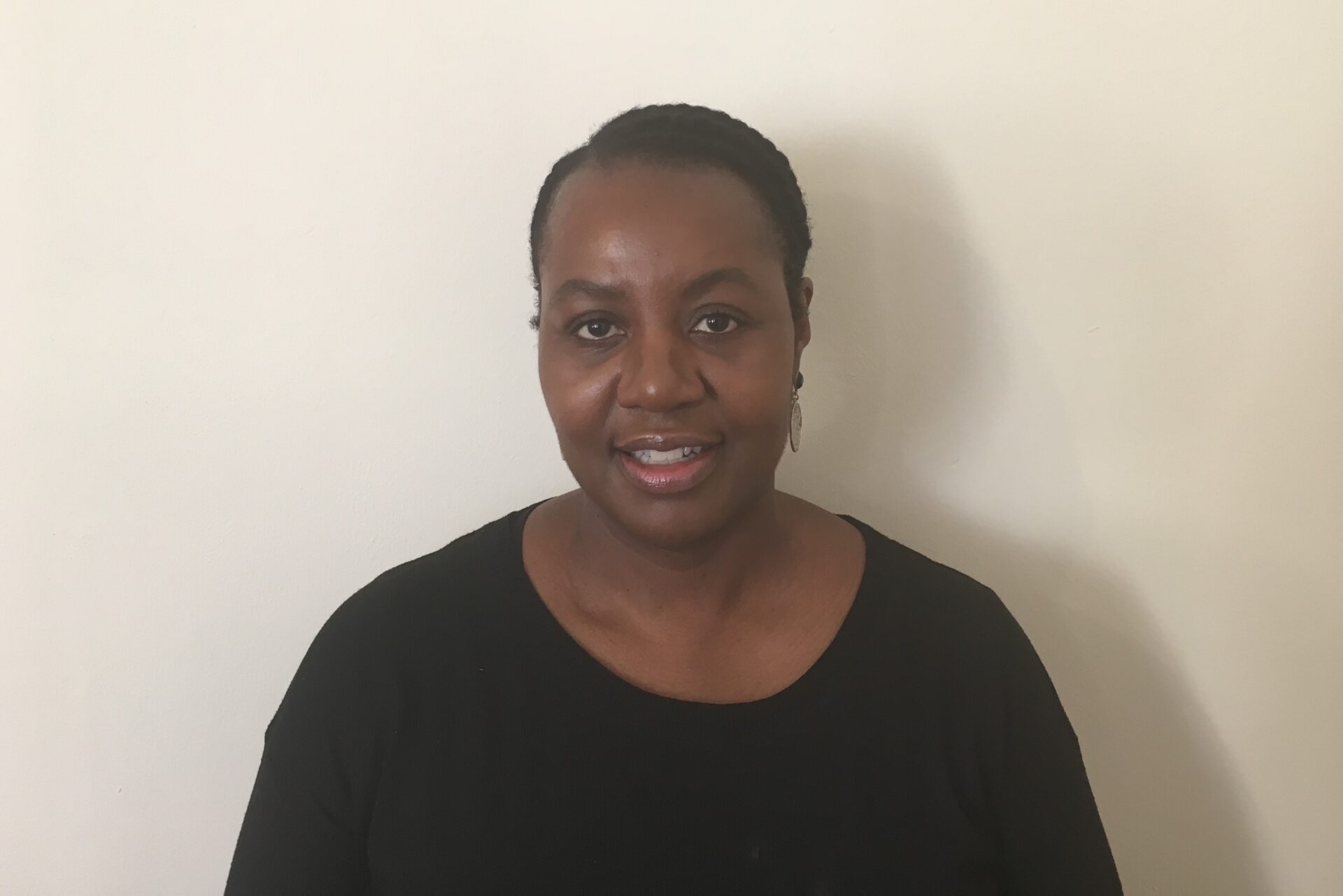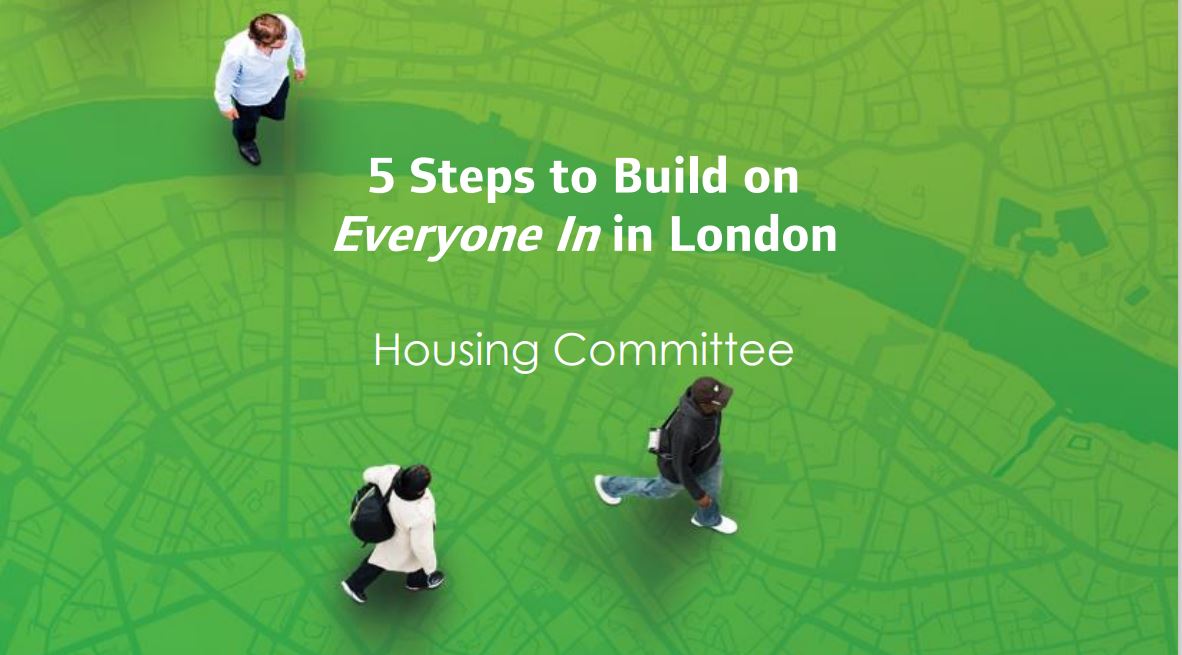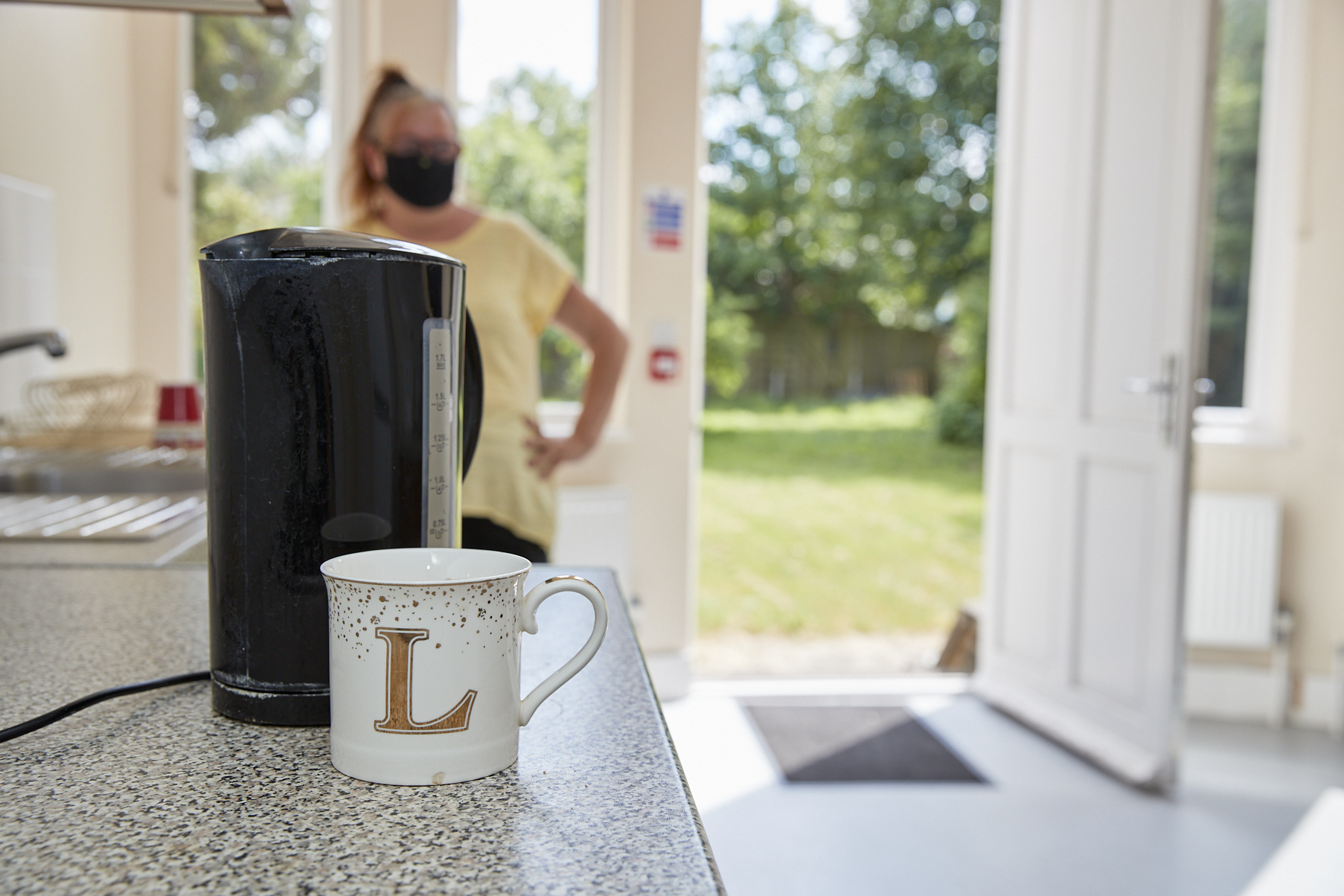Kathleen’s story
After experiencing street homelessness, Kathleen is able to manage her illness and sleep better in the safety of her own home thanks to support from the Hard to Reach Fund
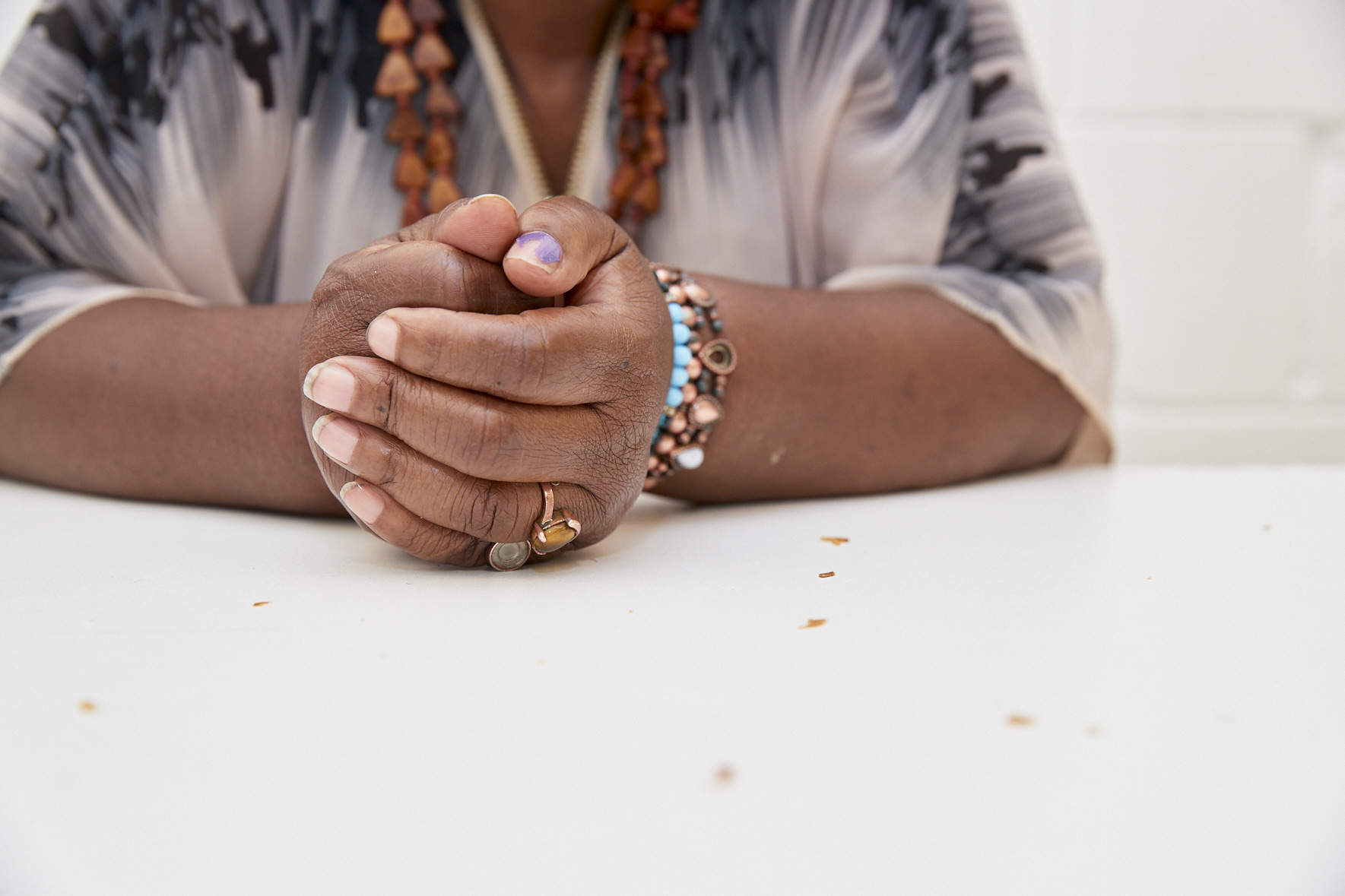
Kathleen found herself experiencing financial difficulties in a challenging time in her life, after a relationship breakdown and cancer diagnosis, before finding herself street homeless in late 2019. She was supported by a street outreach team after being homeless for three months, being placed into temporary accommodation in March 2020 before finally settling in private rented accommodation in June the same year.
Once she had moved into her new accommodation, Kathleen was facing several barriers to her recovery from homelessness, including grieving the loss of both her parents and sister within a twelve-month period. She was also trying to come to terms with traumatic experiences of her time sleeping rough, and was still recovering from her cancer diagnosis.
A few months into 2021, Kathleen told her support worker that she ready to start dealing with her grief by engaging with a counselling service. A referral was made through Thames Reach’s Hard to Reach Fund and after being placed on a waiting list, Kathleen was contacted and an assessment was completed in September 2021. She was happy to engage with the service due to the 1-to-1 approach, as opposed to the group options that had been offered through the NHS.
Soon after this, Kathleen was experiencing severe pain in different parts of her body; after seeking medical attention, she was diagnosed with a new stage-4 cancer diagnosis, and after returning from hospital she would experience sleepless nights with the relentless pain. Again, her support worker was able to access the Hard to Reach Fund to purchase a mattress topper to support her body as much as possible. Kathleen was greatly relieved and was able to get a good night’s sleep and rest as a result; she was so pleased, in fact, that she lovingly nicknamed the topper Eddie.
Most recently, Kathleen’s mobile phone stopped working properly. This left her without access to the internet and unable to make outgoing calls. Due to her medical condition, she was made vulnerable by not being able to contact her support worker, hospital transport, care worker or nurse. After learning about this issue, it was decided that Thames Reach’s Hard to Reach Fund would be used to purchase a basic smartphone. Doing so enabled Kathleen to access her benefits journal and have access to her support network, allowing her to retain some form of independence and security.
Kathleen regularly expresses how grateful she is for the mattress topper, mobile phone and the support accessing counselling; they are purchases that are small in isolation but have made a huge difference in improving Kathleen’s quality of life and aiding her recovery from street homelessness. She has told her support worker that being able to sleep properly has had a positive impact on her mental wellbeing, allowing her to better face the challenges she is going through.

